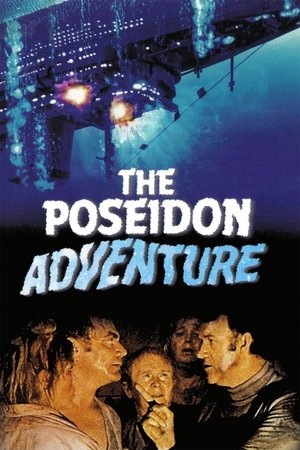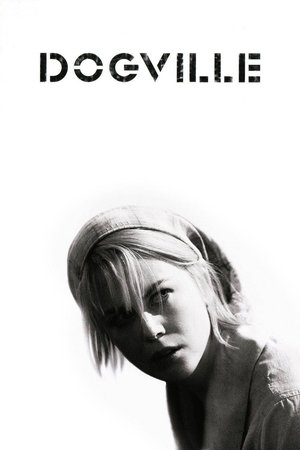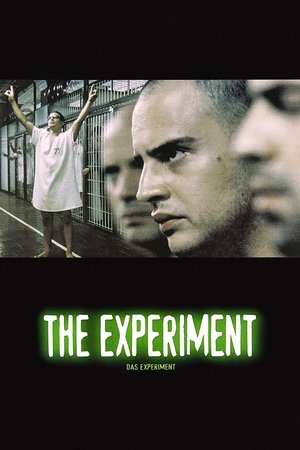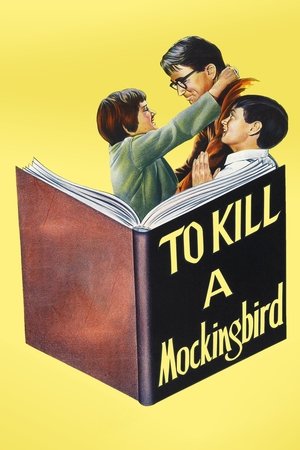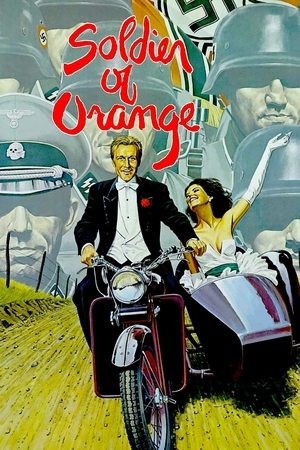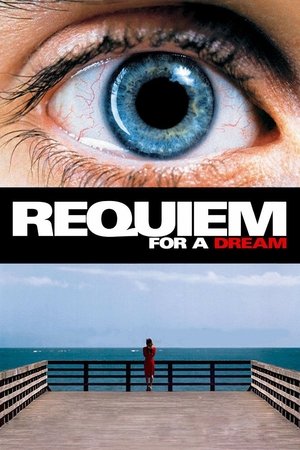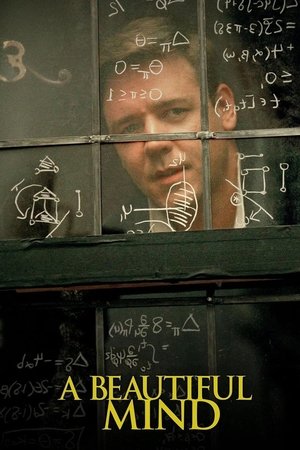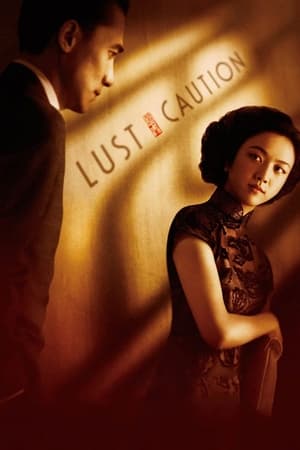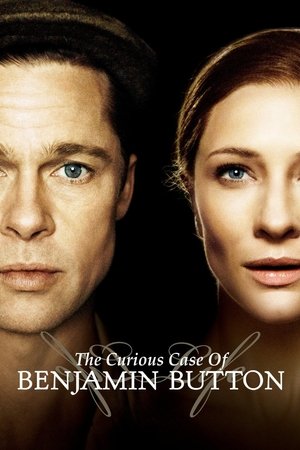Overview
In the last days of the Second World War, a deserting soldier disrupts a tranquil and isolated mountain community. For one family, his arrival brings excitement and romance, but tragedy lies in wait.
Reviews
Just as too many cooks can ruin the stew, too many story threads can ruin a movie, and that’s very much the case with writer-director Maura Delpero’s fourth feature film. This Golden Globe nominee for Best International Film follows the lives of a family in a village in the Italian Alps in 1944. The family patriarch and town schoolteacher, Cesare (Tommaso Regno), along with his wife and army of eight children shelter a pair of Italian army deserters, hiding them from Axis Forces in search of the runaways. While in seclusion, one of the soldiers, Pietro (Giuseppe Di Domenico), falls in love with Cesare’s eldest daughter, Lucia (Martina Scrinzi), eventually marrying her and fathering a child. However, when the war ends and Pietro travels to Sicily to visit his family, all hell breaks loose, revealing a deep dark secret and creating havoc for his pregnant wife and her family. Had the film stuck to this storyline, “Vermiglio” might have been an engaging watch. But that, unfortunately, is not the case. The picture incorporates an array of other plot lines, seriously diluting the narrative and making for a very unfocused, incoherent watch (particularly in the first hour). Most of these extraneous story arcs remain largely underdeveloped, and much of what could have been done with the principal narrative thrust remains largely unexplored. To make matters worse, the picture’s glacial pacing at the outset tries viewer patience to the point where checking one’s watch becomes a regular activity. Only when the script settles on its primary tangent does the film begin to become remotely watchable, but, by that point (nearly an hour in), it’s too late to salvage the viability of the production, especially since viewer interest in any of these characters has long since evaporated. It’s a shame that the filmmakers chose to employ this approach in telling this story, because, if it had been judiciously pared down to the basics that work best, this could have been a beautiful, compelling release. Instead, we’re left with a mishmash of ideas, themes and narrative elements that leaves audiences clamoring for an end that’s far too long in coming.
With the war now heading firmly in the favour of the allies, Italian soldiers are deserting in droves and one of them, Sicilian "Pietro" (Giuseppe De Domenico) arrives, wounded, in the eponymous Italian village where they know what he has done. Opinion is divided on what to do next, given many have lost their sons in the war or are still ignorant of their whereabouts, but he has the support of the influential schoolmaster "Graziadei" (Tommaso Ragno). It's his daughter "Lucia" (Martina Scrinzi) to whom he takes a bit of a shine, and she readily reciprocates. They marry and all seems rosy until the war actually ends and he has to return home to his mother. This is when the wheel rather comes off this idyllic scenario as his unanswered letters are eventually explained by answers that rock this tiny village and the whole "Graziadei" family. Though the thrust of the story is all rather predictable, the characterisations are poignant, powerful and are cleverly crafted to show us a family dynamic that is not only dealing with the end of the war, but with disease, tragedy, resentment and bitterness amongst eight children who are growing into people in their own right with differing aspirations for education, religion, family and future. Roberta Rovelli features a little less than I'd have liked as the mother of this diverse brood but her nuanced and considered effort as the potato-counting antitheses to her proud and traditionalist husband works well at providing a bedrock for the story. I also quite enjoyed the efforts of the younger children, too. Their curiosity and vibrancy offering us quite an apt tonic to counteract some of the more serious elements as the storyline touches upon issues of betrayal, shame and grief. It's gloriously photographed at altitude and the changing seasons reflect well the blossoming of a family that is certainly not the "Waltons". Don't expect it to hit the ground running, nor for there to be any definitive conclusion. This is us observing a year or so in the turbulent lives of a family, a village and a nation and if you just let it wash over you then it's surprisingly affecting.

 119 min
119 min
 7.1
7.1
 2024
2024
 Italy
Italy
 Brent Marchant wrote:
Brent Marchant wrote:

